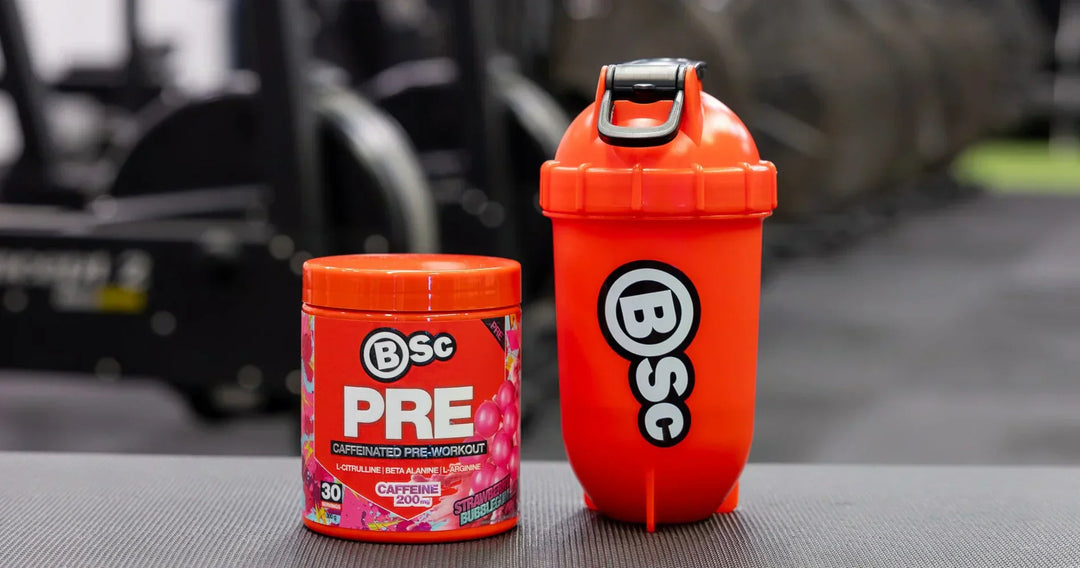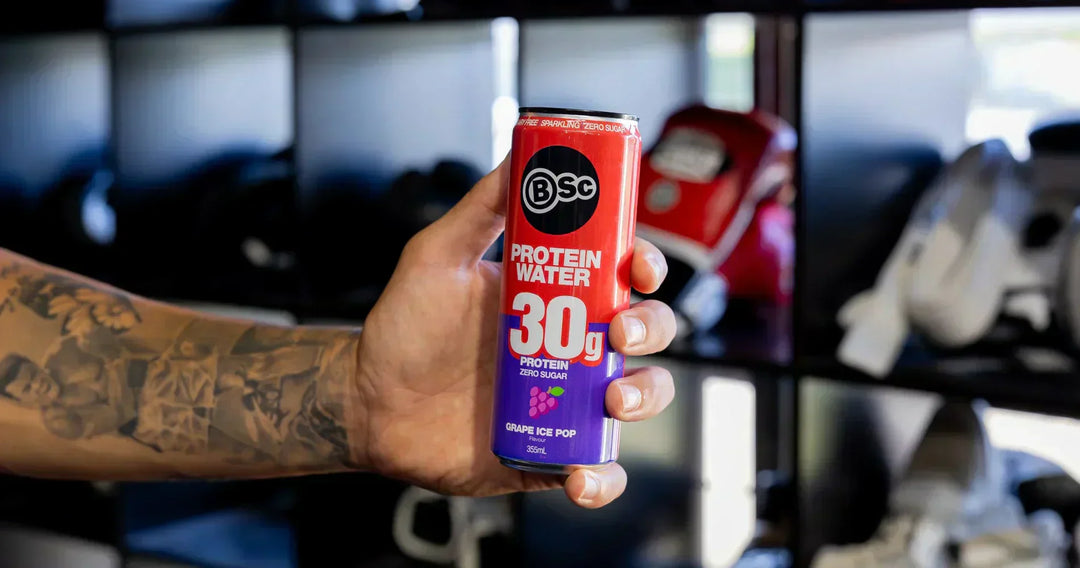Entrepreneur, author of 'Stress Teflon' and highly sought-after public speaker, Luke Mathers dives into reseting ourselves for a NEW normal.

We've all seen the news stories where the community are cleaning up after a massive storm. The sun is usually shining and all the neighbours are out helping rebuild the community. Most natural disasters have a fairly short half-life. Even the recent bushfires, which appeared to go on forever, would only last a day or two in each locality.
Humans are very good at dealing with short-term stresses. Adrenaline and cortisol fire us up to get through the hard times. Remember the 2012 Brisbane floods? A friends house of mine was flooded and we spent an entire day on the business end of squeegees and brooms. We were exhausted and tired, but the adrenaline kept us going and we got the job done. The sun came out, the floods receded and the process of rebuilding began all within the matter of a few days. This is the type of stress humans are good at.
The COVID-19 pandemic is a different kind of beast. It's already been going for months and there's not even any sign that we've gotten over the peak. The problem is, the stress associated with this pandemic is long-lasting and unless we can learn how to deal with it better, there is going to be a lot of physical and mental health problems.
So what do we do? How do we reset normal to mitigate the damage that chronic stress has on our health and well-being?
1. Accept that we are in this for a long haul. This is a different kind of emergency and adrenaline and a short burst of hard work isn't going to do the job. We need to manage our cortisol levels and keep our minds and bodies healthy. We need to create a new normal.
2. Deliberately make new habits. Turn washing your hands into a stress-free habit. This stops it becoming a paranoid act of germaphobia and just makes it something you do (a new normal). Changing situations require new routines and spending the time to build healthy new habits will decrease the stress associated with having to break bad ones.
3. RESET your expectations. Having a reality check on your expectations for the next 6 to 12 months will take away a lot of your stress. We are all going to take a financial hit over the next little while, accept it, and do the best with the situation at hand. Remember the formula: HAPPINESS = REALITY - EXPECTATIONS.
4. Connect with your tribe. For most people, a big part of their tribe is their work colleagues. Social distancing doesn't mean social isolation, make sure you keep connecting with your workmates, friends and family by whatever means you can.
5. Notice the good things. At times like this, it's very easy to walk around kicking stones with a big grey cloud above you. Sadness and depression can rob the world of joy. Make sure you DELIBERATELY notice the little things that bring a smile to the face of you and the people around you.
We are in this for the long haul, catastrophising, stressing over things you can't change and wallowing in pity won't help. Support your neighbours, bring your tribe closer and help the authorities (especially those on the front line; health workers, first responders etc.) to control the spread.
When your computer is overloaded and stuck, the go-to way to RESET is to "Control/ALT/Delete". To RESET yourself, ask yourself these three questions:
What can I (Control)? Businesses closing, losing jobs and travel bans are out of my control. Whereas exercise, being considerate to family and helping out others is very much in my control.
What do I need to change (ALT)? Attitudes, priorities and expectations are all changeable. Pick good ones!
What must I (Delete)? Excess NEWS consumption and compulsive COVID-19 conversations. It's a dominant thought at the moment, but constant conversations about the virus are adding to our stress levels.
These three questions will connect our OLD and NEW brains and help us make better decisions, identify new priorities and help us develop better habits to ride out this pandemic.

Remember, our stress response is designed to help us escape sabre-tooth tigers. It is not well equipped to deal with long term stress of Coronavirus. We have to help ourselves by becoming Stress Teflon.



